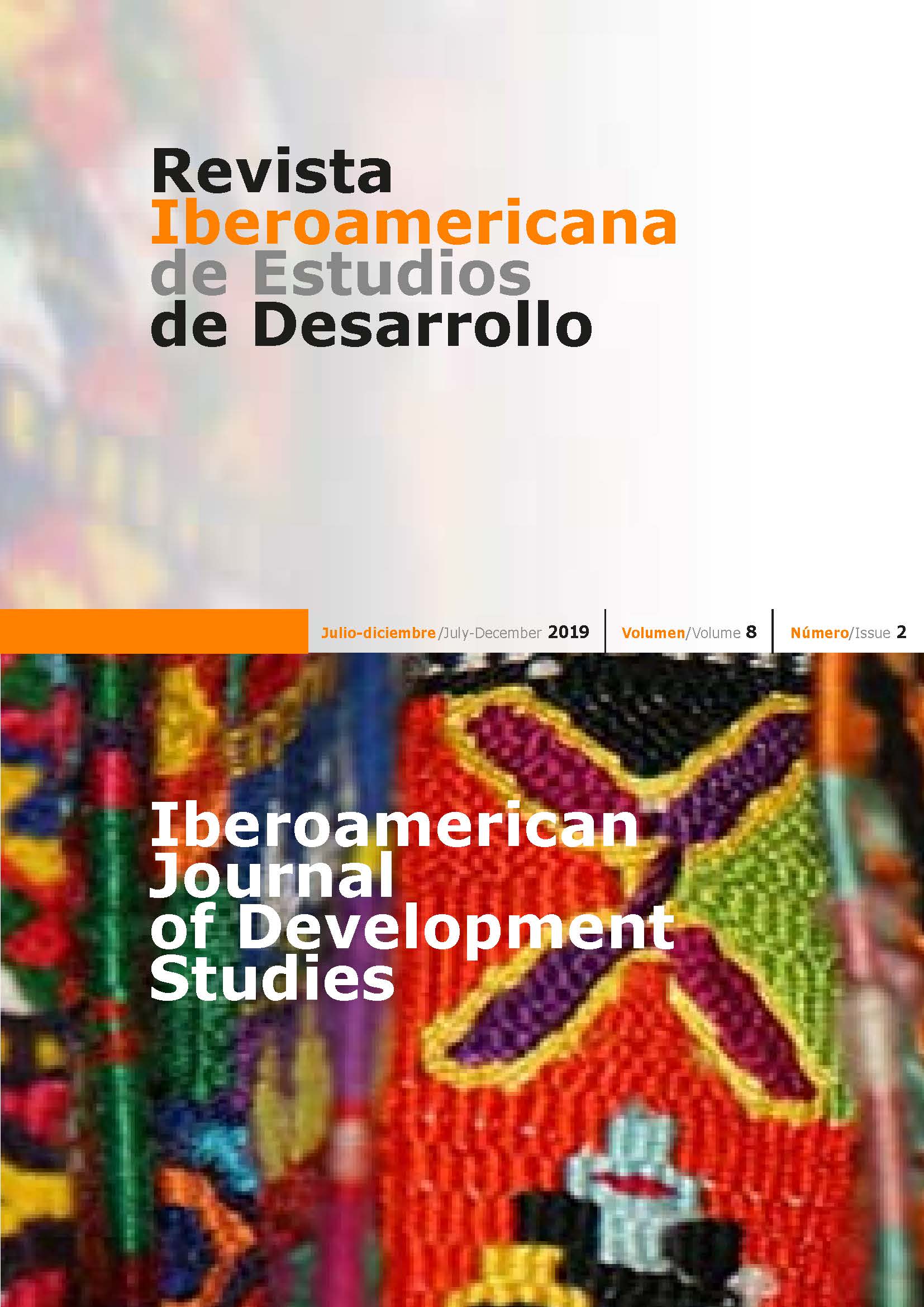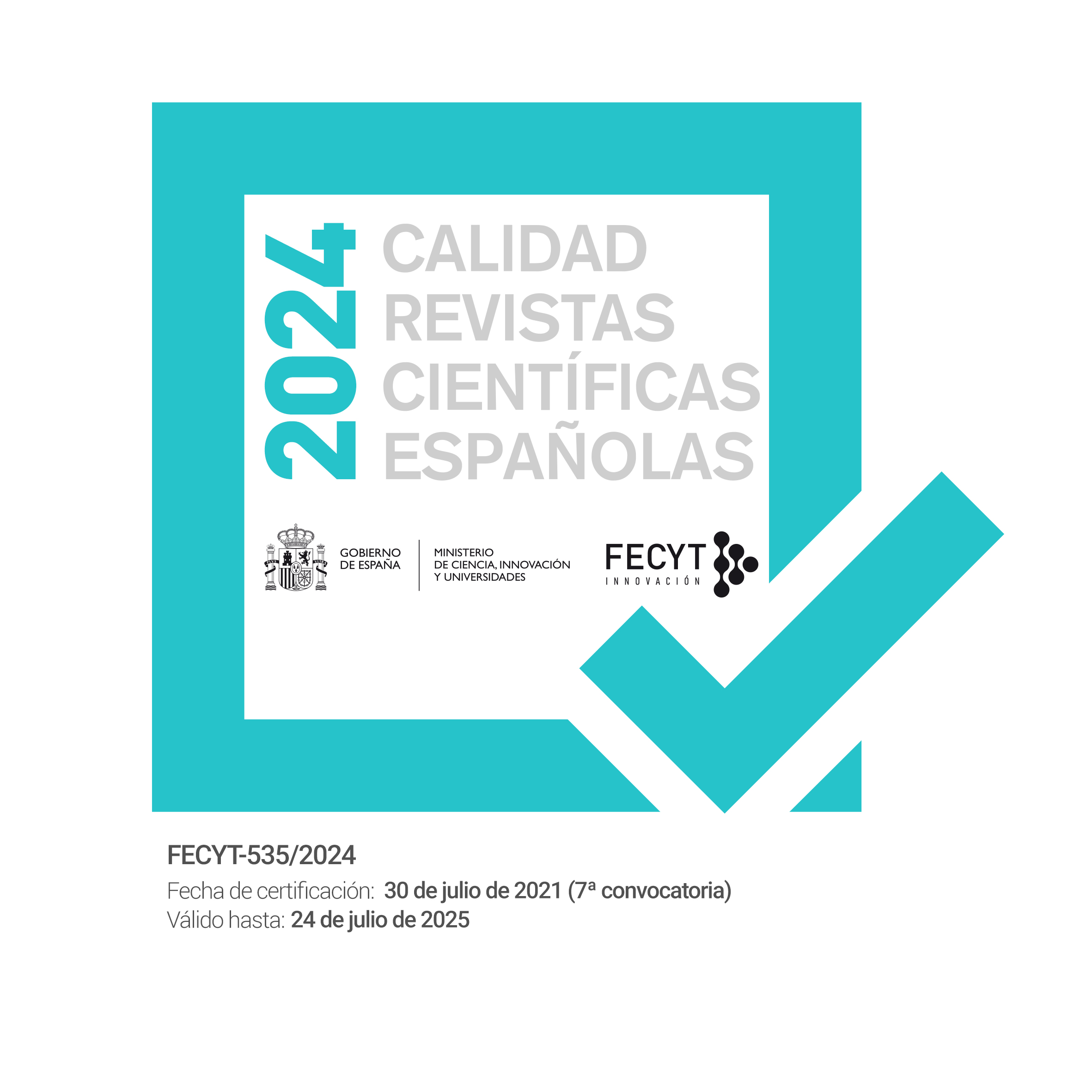Form follows function in evidence-based public policy: the pragmatic alternative to the positivist orthodoxy
DOI:
https://doi.org/10.26754/ojs_ried/ijds.310Palabras clave:
política basada en la evidencia, positivismo, pragmatismo, políticas públicas, filosofía de la cienciaResumen
Desde hace cierto tiempo, existe un impulso para políticas públicas basadas en la evidencia. La premisa es que políticas nutridas por información y análisis confiables alcanzarán los resultados esperados. En gran medida, esta demanda se ha respondido mediante evidencia apoyada en el enfoque dominante en las ciencias: el «positivismo». En este artículo se arguye que el positivismo tiene importantes limitaciones que lo hacen perjudicial para ese proyecto. Así, se presenta al pragmatismo como una alternativa plausible. El argumento parte de la filosofía de la ciencia, se establecen los principios que sustentan cada enfoque y se desarrolla cómo se traducen en la producción y la evaluación de evidencia. El abandono de la búsqueda positivista de certezas por la admisión pragmática de la pluralidad de la experiencia humana y la diversidad de contextos permite establecer un alcance más claro para el uso de evidencias, lo que mejora potencialmente la efectividad de las políticas públicas basadas en ellas.
Descargas
Citas
Bacon M (2012). Pragmatism, an introduction. Polity, Cambridge, UK
Bryman A (1984). The Debate about Quantitative and Qualitative Research: A Question of Method or Epistemology?
The British Journal of Sociology 35(1): 75-92
Caldwell B (1994). Beyond Positivism. Economic Methodology in the Twentieth Century. Routledge, New York, US
Cochran M (2002). Deweyan Pragmatism and Post-Positivist Social Science in IR. Millennium – Journal of International Studies 31(1): 525
Comte A (2009). A General View of Positivism. Cambridge University Press, New York, US
Comte A (2012). System of Positive Polity. Forgotten Books, London
Creswell J (2015). A Concise Introduction to Mixed Methods Research. Sage Publications, London, UK
Descartes R (1993). Meditations on the first philosophy. Third edition. Hackett Publishing Company, Indianapolis, US
Descartes R (1956). Discourse on Method. Pearson, New York, US
Dewey J (1985). The Middle Works of John Dewey 1899-1924, Volume 12. Southern Illinois University Press, Carbondale, US
Dewey J (2008). The Later Works of John Dewey 1925-1953, Volume 4. Southern Illinois University Press, Carbondale, US
Dicker G (1998). Hume’s Epistemology and Metaphysics: an introduction. Routledge, New York, US
Felizer M (2010). Doing mixed methods research pragmatically: Implications for the rediscovery of pragmatism as a research paradigm. Journal of Mixed Methods Research 4(1): 6-16.
Fogelin R (1993). Hume’s Scepticism. In: Norton D (ed.) The Cambridge Companion to Hume. Cambridge University Press, Cambridge, UK, pp 90-116
Friedman M (1953). The Methodology of Positive Economics in Essays on Positive Economics. Chicago University Press, Chicago, US, pp 3-46.
Friedrichs J, Kratochwil F (2009). On acting and Knowing: how pragmatism can advance International Relations research and methodology. International Organization. 63(): 701-731
Garcés P (2016a). Neither “Mind” nor “Things” but Acting: Some Philosophical Implications of Pragmatism for International Relations Inquiry. Analecta Política 6(11): 227-248.
Garcés P (2016b). Beyond Positivism: Fuzzy Set Qualitative Comparative Analysis and Pragmatist Research. Revista PUCE 103: 439-459
Hands D (2004). Pragmatism, knowledge and Economic Science, Deweyan pragmatic philosophy and contemporary economic methodology. In: Khalil E (ed.) Dewey, Pragmatism, and Economic Methodology. Routledge, New York, US, pp 255-270
Head B (2008). Three Lenses of Evidence-Based Policy. The Australian Journal of Public Administration 67(1): 1-11
Hildebran D (2008). Dewey: a beginner’s guide. Oneworld Publications, Oxford, UK
Hollis M (1994). The Philosophy of Social Science: an introduction. Cambridge University Press, Cambridge, UK
Jackson P (2011). The Conduct of inquiry in International Relations, philosophy of science and its implications for the study of world politics. Routledge, New York, US
James W (1904). The Pragmatic Method. The Journal of Philosophy, Psychology and Scientific Methods 1(25): 673-687.
Johnson B, Onwuegbuzie A (2004). Mixed Methods Research: A Research Paradigm Whose Time Has Come. Educational Researcher 33(7): 14-26
Johnson R, Onwuegbuzie, A, Turner, L (2007). Towards a definition of mixed methods research. Journal of Mixed Methods Research 1(2): 112-133
Kaboub F (2008). Positivist Paradigm. In: Leong F (ed.). Encyclopedia of Counseling. Sage. London, UK, pp 785
Khalil, Elias. 2004. John Dewey, the transactional view and the behavioral sciences. In: Khalil E (ed.) Dewey, Pragmatism, and Economic Methodology. Routledge, New York, US, pp 1-12
Kratochwil F (2011). Ten points to ponder about Pragmatism. In: Bauer H, Brighi E (eds). Pragmatism in International Relations. Routledge, New York, US, pp 11-25
Levi I (2004). Corrigibilism without solidarity. In: Khalil E (ed.) Dewey, Pragmatism, and Economic Methodology. Routledge, New York, US, pp 240-251
Morgan D (2007). Paradigms lost and pragmatism regained: Methodological implications of combining qualitative and quantitative methods. Journal of Mixed Methods Research 1(1): 48-76.
Noor K (2008). Case Study: A Strategic Research Methodology. American Journal of Applied Sciences 5(11): 1602-1604
Pawson R (2002). Evidence-based Policy: In Search of a Method. Evaluation 8(2): 157-181
Peirce C (1905). What Pragmatism is. The Monist 15(2): 161-181
Putnam H (2002). The Collapse of the Fact/Value Dichotomy and other essays. Harvard University Press, Cambridge, US
Quine W (1951). Main trends in recent philosophy: Two dogmas of empiricism. The Philosophical Review 60(1): 20-43
Quinton A (2010). Inquiry, thought and action: John Dewey’s theory of knowledge.” Pp: 1-11, in R.S. Peters (ed.) John Dewey Reconsidered. New York, US: Routledge
Rosenberg A (1993). Hume and the philosophy of science. In: Norton D (ed). The Cambridge Companion to Hume. Cambridge University Press, New York, US, pp 64-89
Rosenthal S (2004). Pragmatic naturalism, knowing the world, and the issue of foundations, beyond the modernist – postmodernist alternative. In: Khalil E (ed.) Dewey, Pragmatism, and Economic Methodology. Routledge, New York, US, pp 153-164
Sanderson I (2002). Evaluation, Policy Learning and Evidence-based Policy Making. Public Administration 80(1): 1-22
Solesbury W (2002). The ascendancy of evidence. Planning Theory and Practice 3(1): 90-96
Smith J (2004). Dewey on inquiry and language. In: Khalil E (ed.) Dewey, Pragmatism, and Economic Methodology. Routledge, New York, US, pp. 133-152
Suppe F (1977). Afterword. In: Suppe F (ed). The Structure of Scientific Theories. Second Edition. University of Illinois Press, Urbana, US
Talisse R, Aikin S (2011). Introduction. In: Talisse R, Aikin S (eds.) The Pragmatism Reader. Princeton University Press, New Jersey, US, pp 4-11
Uebel T (2014). Logical Empiricism. In: Curd M, Psillos S (eds). The Routledge Companion to Philosophy of Science. Second Edition. Routledge, New York, US, Pp. 90-103
Varone F, Rihoux B, Marx A (2006). A New Method for Policy Evaluation? Longstanding Challenges and the Possibilities of
Qualitative Comparative Analysis (QCA). In: Rihoux B, Grimm H (eds). Innovative Comparative Methods for Policy Analysis: Beyond the Quantitative-Qualitative Divide. Springer, New York, US, pp 213-236
Waugh J, Ariew R (2008). The History of philosophy and the philosophy of science. In: Curd, M, Psillos S (eds.). The Routledge Companion to Philosophy of Science. Second Edition, Routledge New York, US, pp 27-38
Descargas
Publicado
Cómo citar
Número
Sección
Licencia
Derechos de autor 2019 Pablo Garcés

Esta obra está bajo una licencia internacional Creative Commons Atribución-NoComercial-SinDerivadas 4.0.






